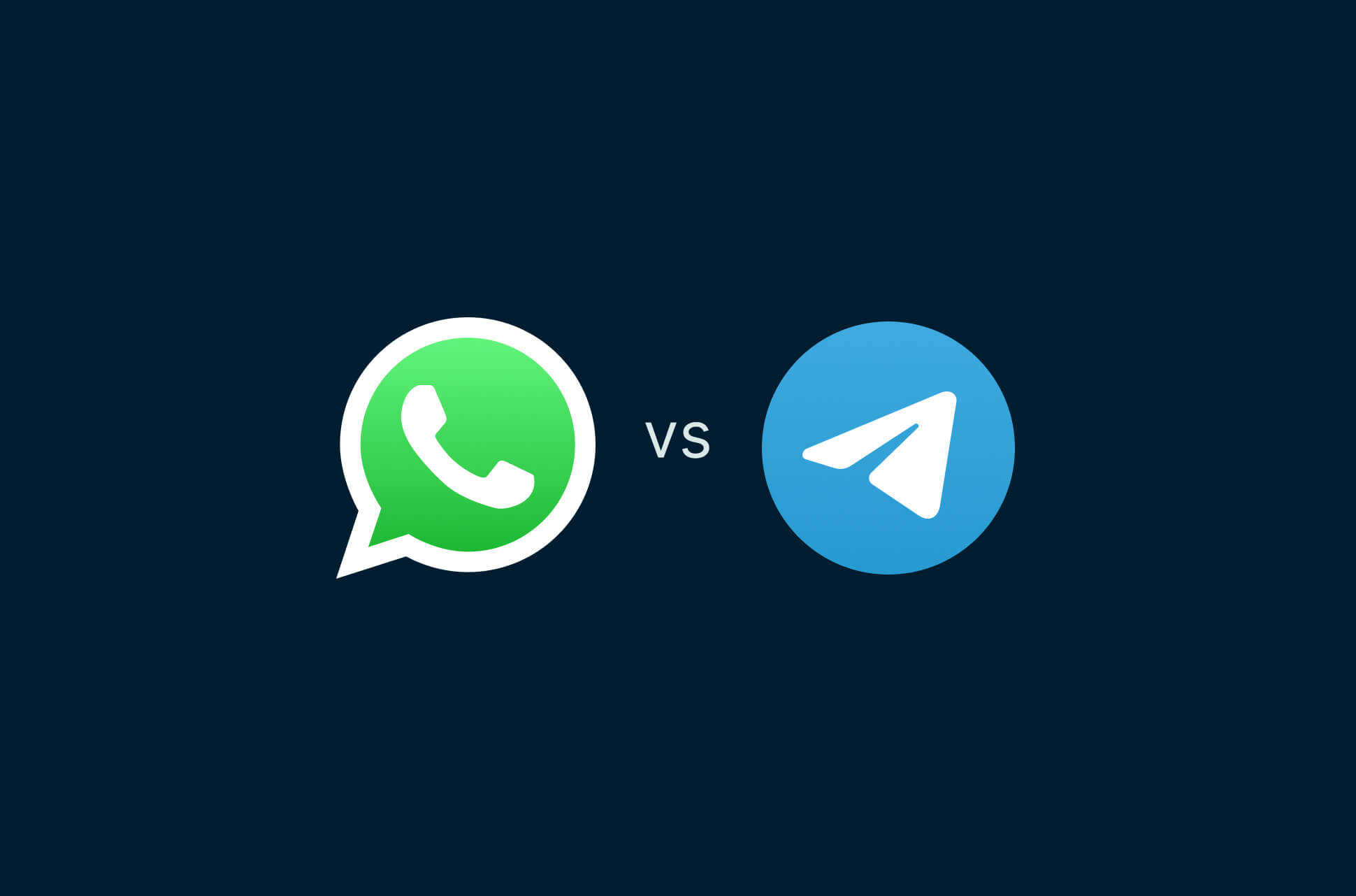
In this article, ExpressVPN focuses on WhatsApp and Telegram. If you want to see how other chat apps compare, click here for the best of the rest.
Telegram faces a lot of criticism for not being fully encrypted by default. But it was the first mass-market messaging app to offer any encryption, and as such was often referred to as the “encrypted chat app” in the media. In 2016, moved to full end-to-end encrypted chats. Since then its PR aides have undergone much effort to claim the title of the “encrypted chat app”.
Jump to…
What is Telegram?
What is WhatsApp?
Is Telegram better than WhatsApp?
Main differences between WhatsApp and Telegram
FAQ: About WhatsApp vs. Telegram
What is Telegram?
Telegram is a cross-platform messaging app, founded by the exiled Russian-born billionaire brothers Nikolai and Pavel Durov. Prior to creating Telegram, the pair founded the Russian social network Vkontakte (now VK). In 2014, they were dismissed from VK’s board over a dispute about handling Ukrainian protesters’ user data. Consequently, they left their country for Berlin, where they founded Telegram.
What is WhatsApp?
WhatsApp was founded in 2004 by former Yahoo! employees Brian Acton and Jan Koum, who initially wanted to build an app that let users publish quick status updates, similar to those on Facebook. But it was the messaging feature bundled in Version 2 that boosted user numbers and made the app a huge success.
In February 2014, WhatsApp was bought by Facebook for $19 billion, and Facebook wanted to integrate it into its internet.org vision to provide affordable internet access to people around the world. (The vision, however, received criticism over its violation of net neutrality and lack of privacy.)
Messengers are built on network effects—meaning what makes a messenger platform valuable is not how great, secure, or feature-rich this platform is, but rather how many people can be reached with it. But these network effects are fragile, as it is very easy and cheap for a user to switch messaging services. And though users can easily have multiple messengers installed alongside each other, many users prefer not to. So one platform could easily not only overtake another but also make it completely worthless.
As such, the “war of the messengers” (which also includes other giants like WeChat, Kakao, and Line) is very much real. WhatsApp even goes as far as blocking all links to Telegram messenger within its platform.
Is Telegram better than WhatsApp?
Telegram can be better than WhatsApp in certain aspects. But when comparing messaging tools, it really comes down to how they handle data and security, and Telegram and WhatsApp are both equally flawed. While Telegram may not collect as much data as WhatsApp, it doesn't offer end-to-end encryption like WhatsApp.
ExpressVPN put both messengers to the test so that you can be more informed in choosing your favorite.
Let’s start with the biggest category:
Encryption
Telegram uses a self-developed protocol, called MProto. Telegram has been heavily criticized for creating its own standard, rather than making use of something else. MProto is not entirely new, however (it makes use of the AES and RSA standards), and OpenWhisper Systems (the standard WhatsApp has incorporated) is also a new development.
ExpressVPN is not a cryptographer, but it appears the MProto protocol has yet to be broken. It’s also open-source, like all Telegram apps, so anyone is free to try to break it. In fact, Telegram has repeatedly offered large bounties (the current one is $200,000 in Bitcoin) to anyone who can successfully break the standard, though Moxie Marlinspike, the creator of OpenWhisper Systems, has called the prize “rigged” in his blog.
Telegram’s encryption cipher is certainly very fast and efficient, and encrypted messages can be sent when all other apps fail because of slow internet connections. Telegram also changes keys every week, or after 100 messages, to provide perfect forward secrecy. Perfect forward secrecy ensures that if your phone were ever to get hacked and the encryption keys stolen, your deleted messages could not be decrypted.
The big difference lies not in what encryption protocols are being used, but how they are applied. WhatsApp automatically encrypts all your messages, and there is no option to send an unencrypted message. This is a huge difference compared with Telegram’s encryption, where you have to select “Secret Chat” to initiate a secure conversation. Many people don’t do this, either because it’s an extra step, or because they don’t understand the necessity.
Without encryption, chats are vulnerable to interception and surveillance, even more so on Telegram, where messages are stored until you delete them. WhatsApp, on the other hand, does not store messages; it only forwards them to your device. Even group chats are encrypted in WhatsApp.
WhatsApp backdoor update:
In January 2017, The Guardian reported a backdoor in WhatsApp’s design. WhatsApp designed its encryption mechanism in a way that makes key changes seamless. However, the setup allows the WhatsApp servers, or anyone in control of them, to read your messages by requesting your app re-encrypt messages with a different key owned by the attacker. This loophole only works for messages about to be delivered and doesn’t work for messages delivered in the past.
To make sure nobody is snooping on your WhatsApp messages, go to Settings -> Account -> Security and enable “Show Security Notifications.” This would send you a notification if your contact’s keys changed, which could be a sign that third parties are using their own key to read your messages. If you receive a notification stating the key has changed, stop chatting until you have re-verified your intended contact’s public key.
Such an attack is theoretically also possible in Telegram, though not in active chats. In Telegram, each chat has its own key. This is great in theory, as it allows the creation of individual secure lines among trusted devices, but it doesn’t work well in practice. Each time you start a new secret chat, you need to verify the other person’s identity again.
Verdict: Despite the recent backdoor story, it’s still a win for WhatsApp

Ease of signup
For WhatsApp, you can only sign up through a mobile phone app, while Telegram lets you sign up anywhere, even with its web app.
But both Telegram and WhatsApp use your phone number for authentication. This is convenient at first, but it leaves serious security concerns. A hacker could take over your account by diverting text messages to the hacker’s own number by either tricking your mobile phone provider or even colluding with it. The latter is especially of concern if your adversary is your local government.
For the encrypted WhatsApp, this will allow hackers to impersonate you, but with Telegram, someone could gain access to all your unencrypted chats and group chats.
Though WhatsApp has superior encryption, Telegram has the option to set a secondary password, which is effectively two-factor authentication. A hacker will need not only access to your phone number but also a password to get to your contacts.
Giving users no option other than signing up with a number is not a good practice. Phone numbers can easily be linked to an identity through location, and many countries require you to show ID when buying SIM cards.
Verdict: Draw

How to make the sign-up process better
Both Telegram and WhatsApp should allow you to sign up for their services through other identifiers, such as usernames or email addresses. WhatsApp needs a secondary password solution, and both WhatsApp and Telegram should probably make it mandatory.
Device support
Telegram’s apps are all open-source, which means you can build them yourself, rather than download them from the app stores. You can modify the apps, and researchers can look through them to find errors in the implementation of security features. You can also build a Telegram integration for your own application, which makes it more accessible to people who do not have access to official app stores (for example if their country blocks them), but it also means a susceptibility to backdoored or malicious versions.
Open-source is pretty awesome, and Telegram impresses further with its wide range of supported platforms. There are the usuals such as iOS, Android, and Windows Phone, but there are also browser apps for Firefox and Chrome OS, a Pidgin plugin, desktop apps, and even a Command Line Interface! Sadly, though, the Windows and Linux apps are just wrapped versions of the browser app (Webogram), which does not support end-to-end encryption.
WhatsApp also has Windows and Mac apps, but it primarily focuses on mobile phones, where it supports older systems like Symbian or BlackBerry. WhatsApp is far more restrictive and has in the past shut down independent implementations, such as a Pidgin plugin.
Verdict: Telegram wins

Intrusiveness
WhatsApp requires access to your entire address book to even function; something ExpressVPN regards as highly invasive. Without this access, WhatsApp is practically useless.
On Telegram, you can start chatting without giving the app access to your contacts. You also don’t have to hand out your telephone number to anyone you want to chat with. Instead, you can set a username and hand that out instead. That’s a pretty great, and privacy-friendly, feature.
Verdict: Telegram wins

Group chat features
A messenger shouldn’t ask you to upload your entire address book just to get started, and you shouldn’t have to give out a phone number for people to be able to reach you.
Which offers the best group chat features?
As mentioned, group chats are encrypted in WhatsApp, and you can create groups with up to 256 members. That’s pretty amazing, although, with that many people in the group, you can probably assume it’s no longer private.
Telegram group chats are unencrypted but have a few more features. You can even create supergroups with thousands of participants. In these supergroups, you can pin messages and create invite URLs that can be posted on your website, or sent in an email. You can also add the infamous Telegram bots to your groups, making it easy to do polls, or play games.
Verdict: WhatsApp wins, encryption is king

General features
As already mentioned, Telegram impresses through its features. While WhatsApp also embeds some content and shows previews for sites and videos, everything seems a lot slicker in Telegram. You have to leave the Telegram app far less to see chat content, and that translates into a good user experience.
Telegram is also the more open platform. You can easily create your own bot, upload your own sticker set (ExpressVPN even found one on Information Security!), or even alter the client and release it with new features, which allows you to embed Telegram messenger capability into any other app. Telegram also has channels, which allow you to easily share updates about yourself, like a short blog.
WhatsApp, however, has one feature that ExpressVPN likes quite a lot, and really can’t do without: Encrypted phone calls. It works quite well, is free, and beats a regular phone call regarding convenience, security, and cost.
Telegram’s huge advantage lies in being independent of a single device. You can install Telegram on as many computers and phones as you like, and even have the web app open in separate browsers at the same time. In WhatsApp, your primary device has to be turned on and connected to the internet, even when you are using WhatsAppWeb.
Verdict: WhatsApp wins, purely for the encrypted phone calls

Privacy and security
Both Telegram and WhatsApp allow you to control the “last seen” stamp, and both allow a compiled list of blocked users.
The fact that you can easily log into Telegram from multiple devices can become a security threat, though the platform mitigates this well by making your “active sessions” visible in the settings, where you can also easily disable anything that is not you.
Telegram will also automatically delete your account, along with all the information contained within, after six months of non-use (you can set this to one month, or a year), so if other people were to get your phone number after you abandon it, they wouldn’t get access to your account.
In Telegram you can additionally control who is allowed to add you to groups, making it harder for spammers to annoy you.
Telegram’s “secret chats” come with a few more perks than just encryption: You get notified when the other party takes a screenshot, and you can set a self-destruct time from anywhere between one second to one week. After the destruction, the app deletes all the messages on both devices (starting from when the other party read the message), putting you more in control of what your phone stores, and what information could become vulnerable if your phone is stolen or lost.
Telegram secret chats also do not send any message previews to Apple or Google servers, where they could also be additionally logged. In WhatsApp (and Telegram unencrypted chats), this option exists, but you have to disable it manually. Telegram also asks if you want to enable link previews in secret chats. Link previews are generated on Telegram’s servers, and they could compromise privacy, so it’s wise to disable them.
Telegram secret chats cannot be backed up, while WhatsApp chats can be. On iOS, you get the option to back up your chats in iCloud, while on Android you can save them to your Google Drive. On other platforms, you might have the choice to download them as a file. When you or one of your contacts enables this, your chats are only as secure as this backup. Be careful!
Verdict: Telegram wins

In conclusion
Telegram wins overall! The platform impresses by being open-source, is easily accessible for designers (stickers) and developers (bots), and boasts a massive line-up of apps for all kinds of platforms. All apps ExpressVPN tried felt fast and beautifully integrated with the operating systems they were built for. While you’ll be far from anonymous, ExpressVPN feels you are a bit more in control of your identity and contacts. The biggest problem is the lack of end-to-end encryption by default.
WhatsApp wins encryption
The one-billion-people app has brought end-to-end encryption to the masses, and ExpressVPN thinks it may be the only big platform that does encryption right. Unfortunately, WhatsApp struggles to become more than a dull pipe for messages, and some users might expect more. The fact that users are confined to a single device/app feels like the biggest barrier.
Be sure to check out the Guide for Mobile Security.
Read more: The best messaging apps for privacy and security in 2021
Main differences between WhatsApp and Telegram
| Telegram | ||
| Pricing | Free | Free |
| Supported devices | Android (4.1 or above), iOS (12 or above), KaiOS (2.5 or above), desktop (through WhatsApp web interface on most modern browsers or WhatsApp desktop app for Windows and macOS) | Android (4.01 or above), iOS (9.0 or above), desktop (through Telegram web interface on most modern browsers or Telegram desktop app for Windows, Linux, and macOS) |
| Data and privacy | WhatsApp collects a lot of information about you, such as your phone number, your user habits, and your location. It also shares information with the other Meta Companies, which includes your account registration information (such as your phone number), transaction data , service-related information, information on how you interact with businesses. | Telegram collects metadata about you, such as your phone number, contact list, user ID, usage data, and IP address. |
| Encryption | WhatsApp automatically encrypts all your messages, and there is no option to send an unencrypted message. | Telegram does not use end-to-end encryption by default, and nor does it inform users about the “Secret chat” option which secures user conversations. |
| Self-destructing chats | WhatsApp offers the “disappearing messages” function which you can enable to make messages disappear after 24 hours, 7 days, or 90 days. | Telegram offers the Self-Destruct Timer, which is available for all messages in Secret Chats and for media in private cloud chats. |
| Screen lock | On WhatsApp, you can manually turn on the screen lock feature. When it’s enabled, you'll have to use your fingerprint or face to unlock WhatsApp. | Telegram has a passcode lock feature. When it’s turned on, you’ll have to unlock Telegram with a passcode or fingerprint. |
| Hide your phone number | WhatsApp doesn’t let you hide your phone number. | You can hide your phone number in the Privacy settings. |
| Two-factor authentication | WhatsApp offers 2FA as an optional security feature for users. | Telegram offers 2FA as an optional security feature for users. |
| Group capacity | A WhatsApp group allows up to 1024 people. | Telegraph groups allow up to 200,000 members, which is significantly higher than other messaging tools. |
| File compression | WhatsApp automatically compresses files to reduce their size, making them easier to send and remove while without affecting the quality too much. | Telegram automatically compresses photos and videos that you share. |
| Storage | WhatsApp stores all messages and media on your device. | Telegram stores all your files and messages to its servers. |
| Transfer Limit | The maximum file size allowed for all media (photos, videos or voice messages) is 16 MB on all platforms. | Telegram allows up to 2 GB per file. |
| Voice calls | On WhatsApp, you can make voice calls to individuals or a group of up to 32 participants. | Telegram allows up to 1,000 in a call. |
| Video calls | You can create video calls to individuals or a group of up to 32 people. | Telegram allows up to 1,000 in a call. |
| Bots | WhatsApp offers an API that allows developers to build chatbots. | Telegram supports third-party bots that offer additional functionality. |
| Premium features | As of this article, WhatsApp has announced the release of premium services for business accounts, with more details on the way. | Telegram offers premium services between $4 to $6. |
| Active user base | Over 2.24 billion | 700 million |
| Mobile OS versions | Android, iOS, KaiOS | Android, iOS |
| Multi-device usage | You can use up to four linked devices and one phone at a time. | You can use Telegram on all your devices at the same time. |
| Inactivity | WhatsApp deletes accounts after 120 days of inactivity. | Telegram deletes accounts after 6 months of inactivity. |
Read more: The best messaging apps for privacy and security in 2021
FAQ: About WhatsApp vs. Telegram
Which is better to use, Telegram or WhatsApp?
Is Telegram safer than WhatsApp?
Why is Telegram more popular than WhatsApp?
What’s the difference between WhatsApp and Signal?
What’s the difference between Telegram and Signal?
Take the first step to protect yourself online. Try ExpressVPN risk-free.
Get ExpressVPN



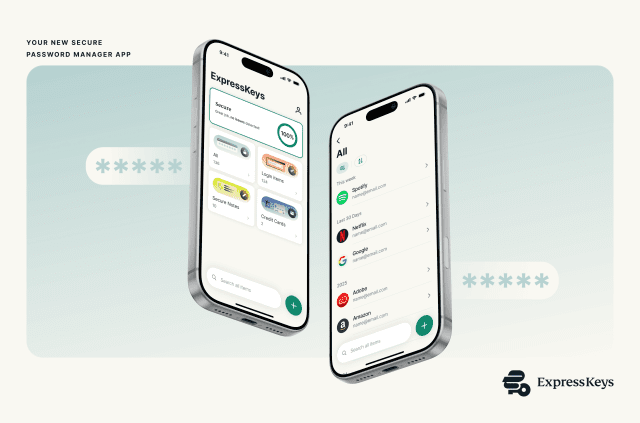




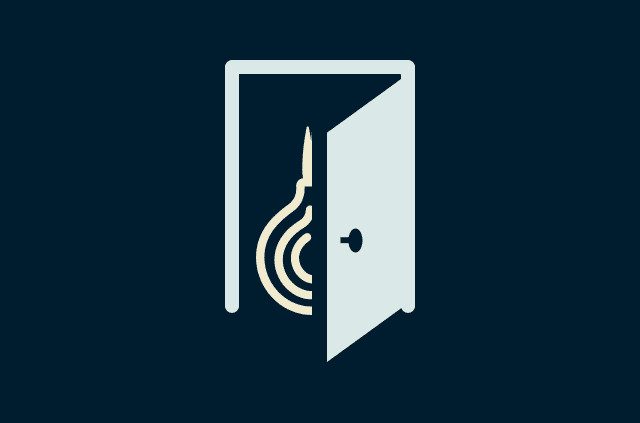

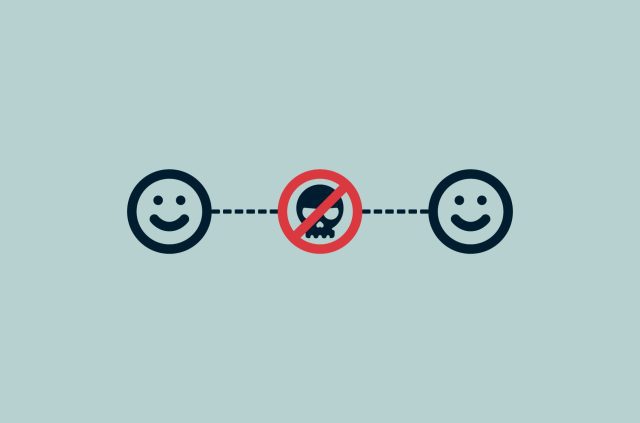
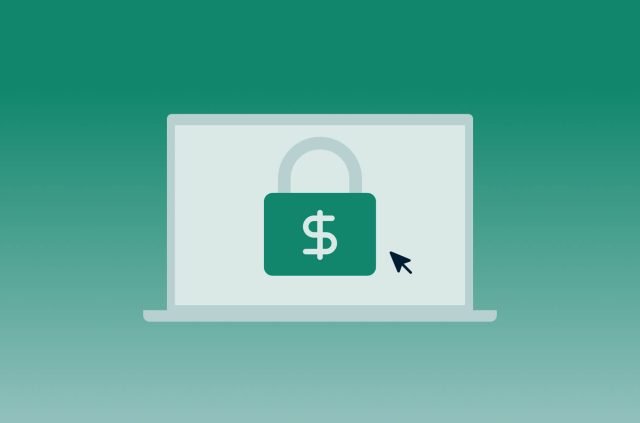
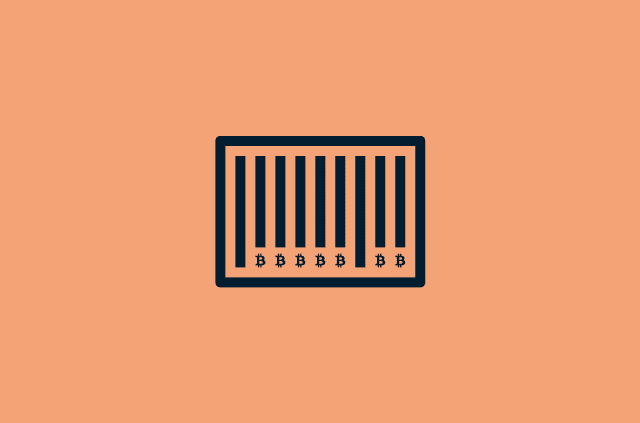






Comments
Hello Express Vpn: You are getting the very first mail I've been able to send in three years, due to a hacker who has stolen my identity,and more importantly, I've been denied access to the web in all that time. To keep it short , I've even been denied installing your product about a year and a half ago for which you refunded me. It turned out you did not even have my E address that I tried to send you at the time. As you can tell, I'm responding to your blog article for which am grateful to read to read. Many thanks. Your product is loaded on this unit of mine here in St. Maarten although not installed because it seems am having a problem entering the activation code, however it is in use on the unit my daughter is using in New Haven Ct. I'm planning to be in touch with you now that I have access. John.
Comment: "Though WhatsApp has superior encryption, Telegram has the option to set a secondary password, which is effectively two-factor authentication. A hacker will need not only access to your phone number but also a password to get to your contacts." WhatsApp has a two-factor authentication option now. Moreover, by signing in to WhatsApp: you don't get access to the contacts, those are stored on your cellphone and are not distributed through the cloud like is the case with Telegram. Big difference. :) Incidentally, Telegram is not truly open-source, they basically just published an API and a wrapper as go by. The server source code is as closed as can be. If we're going purely by encryption: WhatsApp's encryption is opensource as well. It can be found on GitHub and locally on your phone the libraries are open for anyone to see.
Ditched WhatsApp for Telegram the moment the ultimate in privacy concerns got its grubby hands on it...Mark Zukerberg! But I fear for Telegram's future here in the UK unfortunately. With it being quickly linked to the past few terror attacks, it's clear they are eager to have it declared as an accomplice to terror. The sheer over-eagerness to do was clear on one occasion, with its name being brought up even though it had already been determined to be one person acting alone. The knives are clearly out for privacy.
Telegram also supports encrypted calls now.
Yes, pretty cool! When the feature is rolled out everywhere we will update the article, thank you for noticing! Lexie
I do agree with all of the ideas you’ve presented in your post. They’re really convincing and will certainly work. Still, the posts are very short for newbies. Could you please extend them a bit from next time? Thanks for the post.
Ha! Whatsapp will be sharing data with Facebook, Telegram is the clear winner now.
Telegram has many feature compared with whats app, it has thousands bots (like you-tube downloader, file editor, translator, buy ticket, web reader, url shortener and...) i think telegram with this bots works like a os like mac! since it is open source, alternative apps produced that have many many addition feature in message forward, save messages and... In addition telegram has Channels ! with channels no need to explore sites on internet and waste time!! it's completely anyway.
Using Telegram won't help (via Cambridge Analytica) Donald Trump win elections.